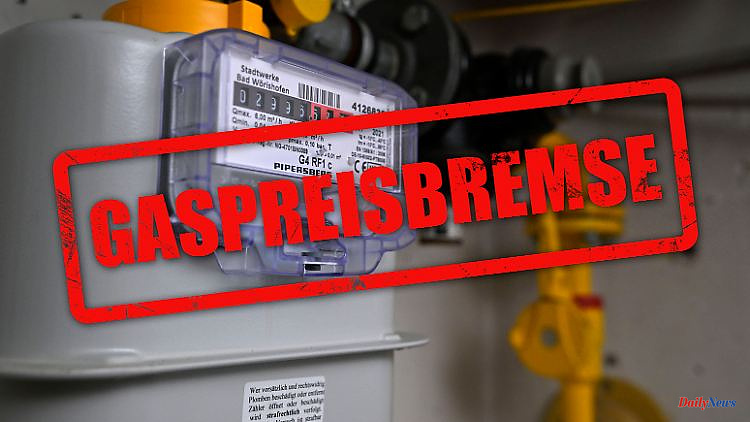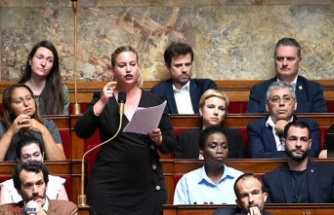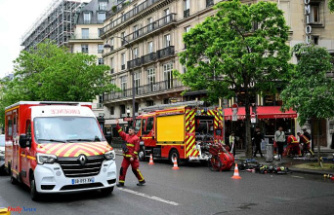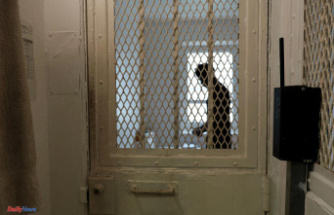The government has introduced various measures to relieve consumers financially. A one-time payment already existed for many. The capped prices for energy come into force today.
Energy price brakes have been in effect in Germany since March 1st. By capping the prices for electricity at 40 cents, natural gas at 12 cents and heat at 9.5 cents per kilowatt hour (kWh), consumers are to be financially relieved - at least for 80 percent of their usual annual consumption.
The price brakes even apply retrospectively to January 1, 2023 and initially apply until December 31, 2023. An overview of how exactly you receive the relief and how you can check whether the billing was correct:
When and how will the relief reach me?
The energy suppliers are obliged by law to take the monthly relief amounts into account directly and evenly in the down payments since March 1st, says Gregor Hermanni from the consumer advice center in North Rhine-Westphalia. In March, the relief amounts for January and February are to be included. This applies to owners or tenants whose electricity, gas or heating contract is directly with the supplier.
The suppliers actually have to inform their customers about the new amount of the advance payments in an information letter by today. The amount of the relief amounts and the amount of the relief quota must also be listed therein. Even those who have not yet received any information by letter, e-mail or in the online customer portal are entitled to the discount through the price brakes - even retrospectively for January and February.
What if the heat supply runs through the landlord?
The situation is somewhat different if, for example, there is a gas or heating contract between the supplier and the landlord in the case of central heating and the tenants send their advance payments to the landlord. The information letter from the supplier then goes first to the contractual partner, in this case the landlord. However, the landlord must then inform the tenants of the amount and duration of the relief immediately after receipt of the letter.
The relief must then be passed on to tenants in full at the latest with the annual heating bill, explains the German Tenants' Association in its extensive FAQ on the subject. Landlords must prepare the heating bill for the 2023 billing period by the end of 2024 at the latest. In the worst case, tenants have to wait a long time for relief.
According to consumer advocate Hermanni, however, things can go faster in tenancies in which the advance payments for operating costs have been increased or agreed for the first time since January 1, 2022. Then landlords would have to adjust the operating cost advance payments directly to an appropriate level. This obligation does not apply if the haircuts have to be reduced by less than ten percent.
How do I find out whether suppliers or landlords are applying the price brakes correctly?
Hermanni advises consumers to read the supplier's information letter carefully. You should check whether the specified relief quota was calculated correctly. This must be 80 percent of the actual or forecast annual consumption. In addition, it should be checked whether the relief amount has been taken into account accordingly in the deduction shown.
If all the values are correct, consumers should in future adjust the transfers of the monthly installments accordingly or monitor the debits by the supplier, says Hermanni.
Consumers for whom the relief is provided by the landlord should also first carefully check the information letter from the landlord and later the ancillary cost statement.
What can I do if the savings are not correctly passed on to me?
Consumer advocate Hermanni recommends that if consumers find that the relief is not being passed on correctly, they should request their supplier or landlord in writing, setting a deadline for correction. Suppliers would have to respond to such a complaint within four weeks of receipt.
"If the consumer complaint is not remedied by the company, the company has to explain the reasons in text form," he says. Consumers then have the option of submitting an application for arbitration proceedings to the energy arbitration board. Suppliers are obliged to participate in such procedures. Otherwise, the advice centers of the consumer advice centers or lawyers can help in enforcing his rights - also against a landlord.
Consumers and companies can contact a free hotline if they have any questions about the energy price brake. Advice on electricity, gas and heat price brakes is now available on 0800 78 88 900, as the Federal Ministry of Economics announced. The ministry also provides answers to frequently asked questions on its website.
(This article was first published on Wednesday, March 01, 2023.)












